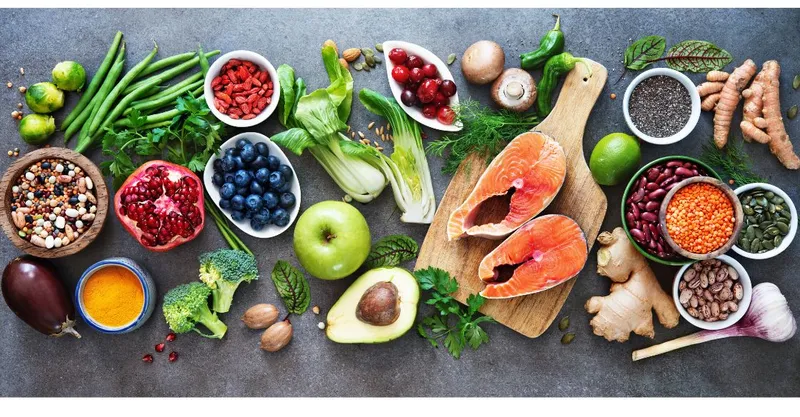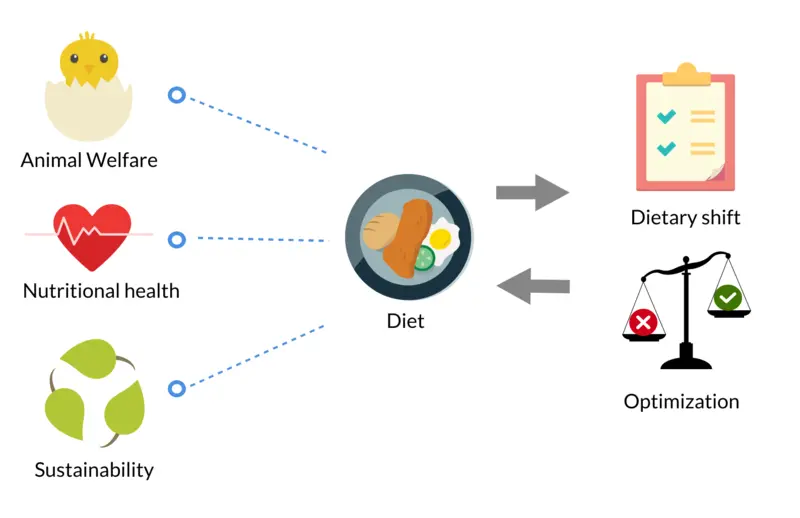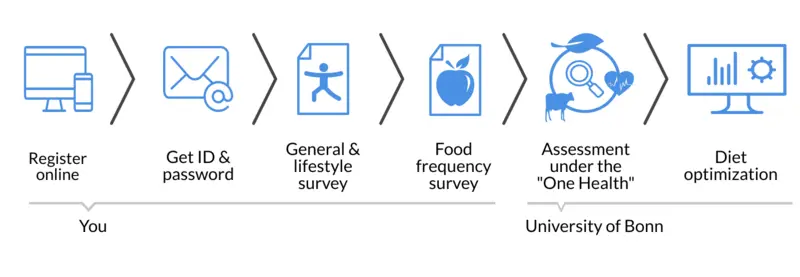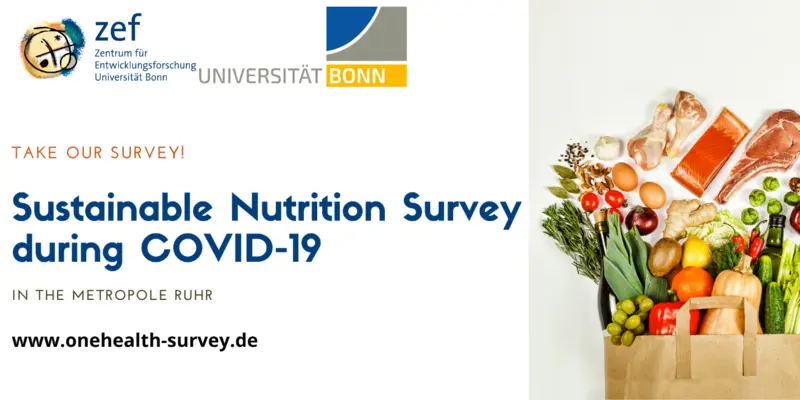Sustainable nutrition during the COVID-19 pandemic: a digital survey in the Metropole Ruhr, Germany
by Juliana Minetto Gellert Paris
Given the COVID-19 pandemic, our lifestyles and diet behaviors have changed. Particularly now, there is a chance to explore how dietary patterns evolved during the lockdown experience and further, and to use this situation as an opportunity to improve diets towards more sustainable and healthier in the post-COVID-19 era.
Work from home, eat at home
Suddenly, our working environment has also changed. In Germany, some people had the privilege to work from home. For some commercial areas, many employees were dismissed from work, put into hour-reduction employment, or in social assistance programs. Nevertheless, this change made people spend more time with their families, and undoubtedly plan for their daily meals. Once people have to decide what food items to purchase, how to cook and prepare, do they tend to choose for more sustainable and healthier options? Have all people had the same opportunity to improve their diets, or due to financial issues or lifestyle issues, diets worsened?

Change of food supply
Out of sudden, the food supply has also changed. Not that there has been any real threat to food supply in German supermarkets. However, in the rush of “Hammsterkauf” (hoarding), Germans emptied supermarket shelves in order to stock food items, especially staples, canned and preserved items. Which makes us question if diets have gone worse due to an increase in the consumption of more processed stored food.
Additionally, the overall food purchasing turned into a real challenge, e.g. long queues, physical distancing signs, obligatory use of face masks and disinfection sprays, and further imposed hygiene measures.
Consumers have also noticed a differential food supply during these times when food items have been offered in lower quality, lower quantity, and lower frequency, as before the pandemic. Furthermore, there has been a rise in supporting local, regional food markets to cope with the economic stress caused during the lockdown.
"One Health" research approach to assess impact of Covid-19 on food consumption
Given all changes in daily life, it could be that eating habits might have changed for the better or, the worse, and that is what we want to find out. The objective of this research is to capture how food consumption has been at the moment during COVID-19 pandemic in a metropolitan region in Germany, the Metropole Ruhr area. And further we want to find out how the region could benefit from a dietary shift towards more sustainable and healthier food intake, thinking of the post-COVID-19 strategies.
I use a rather new concept called One Health which integrates equally the health of humans, animals, and ecosystems. The objective is to evaluate the impacts of food consumption on human nutritional health, the welfare of livestock animals, and the damage it causes to the ecosystem. Diets will be assessed using indicators representing the One Health approach using a nutrient-optimization life cycle assessment program, called Optimeal®.

Virtual survey
Due to the coronavirus situation, this research took an innovative approach to promote digital data collection. With support from ZEF and Bonner Alliance, the survey will be conducted online, created with this purpose, to allow participants to subscribe and participate in the study in steps. The link can be further shared via social media in the Ruhr Metropolis in specific target groups.

The role of food consumption in emerging diseases
This pandemic has also been a result of how humans have consumed and produced food. What lessons can we learn from our food consumption patterns? Moreover, how are these patterns contributing to the new emergence of infectious diseases, the rise of antimicrobial resistance, and therewith form a burden on chronic illnesses worldwide? The way and extent to which we consume meat have put human-animal interactions to the limit, allowing cross-species transmission of pathogens, even aggravated by the urban food system environments. Apart from that, human activities (including food production) are more and more encroaching natural habitats and ecosystems, which is altering climate, landscapes, disrupting the natural cycles of the earth and contributing to biodiversity loss.
Outlook
As a consequence of these human-animal interactions pandemics like SARS-COVID-2 and its catastrophic consequences have been occurring. If we want a sustainable and healthier future, we need to rethink how we produce and consume food. Alongside rethinking the prevention of emerging diseases, and how we are going to exit this outbreak, there is the human desire for consuming food from animal origin. If we don’t change how much and in which way we consume and produce food from animals, we will be condemned to more outbreaks in the future. Now we have the chance to restart differently.
Please help to share this survey:
"Sustainable nutrition during COVID-19 in the Metropole Ruhr" - https://www.onehealth-survey.de/

Graphs produced by author with canva.com and piktochart. Photo: canva.com.


